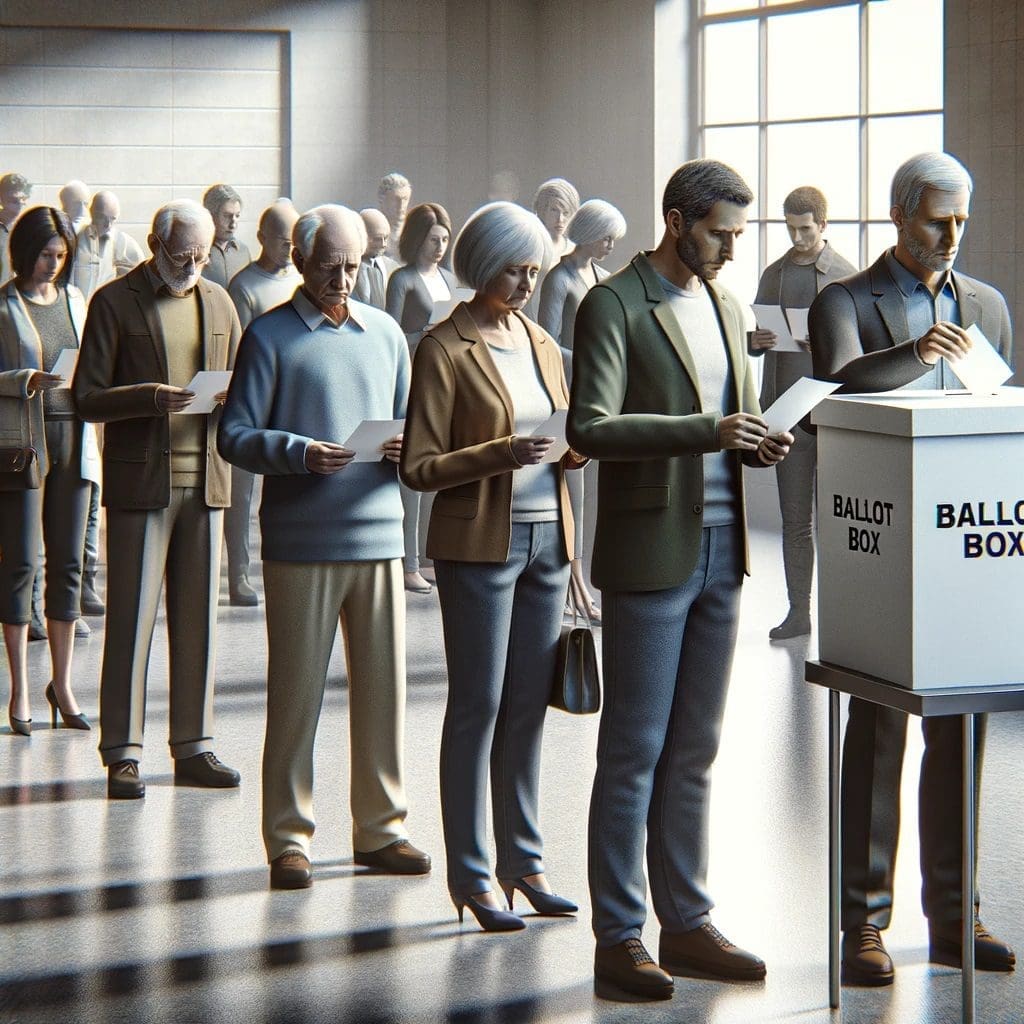Ballot Boxes: Ensuring Integrity and Accessibility in Democratic Elections
The ballot box, a symbol of democracy, holds a place of paramount importance in electoral systems worldwide. As we delve into the complexities surrounding ballot boxes, it’s crucial to understand their role in ensuring the integrity and accessibility of elections, the legal challenges they face, and the evolving landscape of election laws.
The Crucial Role of Ballot Boxes in Democratic Elections
Ballot boxes are the repositories where voters deposit their votes, representing a direct link between citizens and their government. The security and sanctity of ballot boxes are fundamental to preserving the integrity of elections. They serve as a physical safeguard against electoral fraud, ensuring that each vote is counted and that the outcome of elections truly reflects the will of the people.
Legal Protections and Challenges Surrounding Ballot Boxes
The legal framework governing ballot boxes is designed to prevent election fraud while ensuring accessibility for all eligible voters. Laws such as the Voting Rights Act of 1965 and the Americans with Disabilities Act mandate that voting processes, including the use of ballot boxes, must be accessible and fair. However, these laws face challenges, including attempts at voter suppression, which often manifest in strict voter ID laws and limitations on ballot box accessibility.
The Impact of Voter ID Laws and Felony Disenfranchisement
Voter ID laws, which require voters to present identification at the polls, have become a contentious issue. Proponents argue that they prevent voter impersonation, while critics contend they can disenfranchise minority and low-income voters. Similarly, felony disenfranchisement laws, which restrict voting rights for individuals with felony convictions, disproportionately affect communities of color due to systemic biases in the criminal justice system.
Technological Advancements and the Evolution of Ballot Boxes
The shift towards electronic ballot boxes and online voting systems has introduced new challenges and opportunities. While these technologies offer increased efficiency and accessibility, they also raise concerns about cybersecurity, voter privacy, and the reliability of election results. Laws and regulations are continually evolving to address these challenges, balancing the benefits of technological advancements with the need for secure and transparent elections.
Recent Legal Developments and the Future of Ballot Boxes
Recent years have seen significant legal developments affecting ballot boxes. States have enacted laws addressing issues such as mail-in voting, the use of drop boxes, and early voting, reflecting a broader push to make voting more accessible. At the same time, concerns about election integrity have led to increased scrutiny of these reforms and debates over the best ways to protect against election fraud.
Case Study 1: Felony Disenfranchisement and Its Impact A significant example of legal challenges involving ballot boxes is the impact of felony disenfranchisement laws on voter turnout. States like Florida have grappled with this issue, especially after the passing of Amendment 4 in 2018, which aimed to restore voting rights to felons who had completed their sentences. However, subsequent legal battles arose over the definition of “completion of sentence,” including financial obligations. This case illustrates the ongoing struggle to balance legal statutes with the fundamental right to vote.
Case Study 2: Texas’ Voter ID Law Texas’ voter ID law, enacted in 2011 and revised in 2017, showcases the legal controversies around ballot box access. The law, which requires voters to present specific forms of photo identification, faced legal challenges on the grounds of racial discrimination. Courts found that the law disproportionately affected minority voters, leading to revisions to mitigate these effects. This case underscores the complexities in legislating voter identification requirements while ensuring equal access to the ballot box.
Example: Mail-In Voting During the COVID-19 Pandemic The 2020 U.S. Presidential Election saw a surge in mail-in voting due to the COVID-19 pandemic. This unprecedented situation led to various legal challenges and adjustments in state policies regarding mail-in ballots. Issues ranged from extending mail-in ballot deadlines to challenges in verifying the authenticity of these ballots. This example highlights how unforeseen circumstances can dramatically impact the use of ballot boxes and the associated legal framework.
Example: Gerrymandering and Redistricting The process of redistricting and gerrymandering significantly affects how ballot boxes are utilized. For instance, North Carolina’s redistricting in 2016 was challenged in court for racial gerrymandering. The court rulings led to redrawing district lines, impacting the representation and effectiveness of the ballot box in these districts. Such cases demonstrate the legal complexities of ensuring fair representation through the electoral process.
Conclusion
These case studies and examples provide a clearer picture of the multifaceted challenges surrounding ballot boxes. They reflect the ongoing need for legal vigilance and reform to ensure that ballot boxes remain secure, accessible, and representative of the democratic will of the people.
Ballot boxes are more than just physical containers; they are the embodiment of democratic principles. The legal landscape surrounding ballot boxes is complex, balancing the need for security and integrity with the imperative of ensuring that every eligible voter can participate in the electoral process. As technology evolves and political landscapes shift, the laws governing ballot boxes will continue to play a critical role in shaping democratic elections.
Sources:
- ACLU: Block the Vote: How Politicians are Trying to Block Voters from the Ballot Box
- USLegal: Violations of Election Laws – Elections
- Brennan Center for Justice: Voting Laws Roundup: 2023 in Review















